Website of the Central Commission for Discipline Inspection and the National Supervisory Commission Reported by Wang Danwen "Anti-corruption is all around us" continues to be popular! The third episode "Stick to the Iron Rules" disclosed the collapse of the Xinjia Hotel in Quanzhou, Fujian, the relocation of victims of the Minzhang earthquake in Gansu, Wang Sihua, the "Internet celebrity secretary" of Ningdu County, false poverty alleviation, and Zhao Hongshun, the former deputy director of the State Tobacco Monopoly Administration, who was obsessed with high-end products The details of issues such as tobacco and alcohol directly point to the serious harm of the "four winds" issue.
29 lives, more than 7,000 people affected by the disaster, and hundreds of millions of state-owned assets lost... The costs of formalism, bureaucracy and other bad styles are heavy, and the lessons are profound. Among them, what are the discipline knowledge points that need to be paid attention to? Let’s learn together while watching the drama.
replaces supervision and inspection with superficial inspections, falsifies inspections, and maintains superficial harmony. If
causes serious adverse effects, what kind of punishment should be given to those directly responsible?

[Typical Case 1] On March 7, 2020, when the whole country was fighting the new crown epidemic, a hotel used as an isolation observation point collapsed in Quanzhou, Fujian . After rescue, 42 people survived and 29 people died. The collapsed hotel was selected as a centralized isolation point for foreigners without careful investigation and safety inspection. Zhang Zhinan, former member of the Standing Committee of the Fujian Provincial Party Committee and former Executive Vice Governor of the Provincial Government, as the deputy leader of the provincial leading group for responding to the new coronavirus epidemic, went to Quanzhou City to inspect the epidemic prevention and control work shortly before the accident. However, he only took a quick look at the epidemic prevention and control work. I didn’t go to the isolation point at all.
[Typical Case 2] In the off-site resettlement of earthquake victims in Minzhang, Gansu, Dingxi City Construction Bureau Working Group, Min County Working Group, Zhang County Working Group and other functional departments conducted on-site supervision of the resettlement housing project. Due to formality, there is a lack of sense of responsibility, and the resettlement of disaster victims is regarded as a burden, and there are serious problems with the quality of the project. Walls cracked, foundations sank, and water infiltrated, causing more than 7,000 people to suffer man-made disasters after natural disasters.
[Typical Case 3] Wang Sihua, the former secretary of the Ningdu County Party Committee in Ganzhou City, Jiangxi Province, spent more than 120,000 yuan to plant trees to cover up graves along the highway in order to meet the inspection of poverty alleviation work by his superiors, and took the elderly living in dilapidated houses to the township health department. The hospital physical examination is just to cover up the so-called "disharmonious phenomenon", to make false claims, to make superficial appearances, and to leave a good impression on the leaders.
Disciplinary basis:
Article 122 of the " Disciplinary Punishment Regulations of the Communist Party of China " stipulates that if one of the following behaviors causes serious adverse effects, the person directly responsible and the person responsible for leadership, if the circumstances are minor, shall be punished Warning or serious warning; if the circumstances are serious, the punishment of removal from party positions or probation; if the circumstances are serious, the punishment of expulsion from the party: (1) Those who implement the decisions and arrangements of the Party Central Committee only express their opinions but do not implement them; (2) Those who are keen on Those who engage in public opinion building and superficial actions; (3) those who simply use meetings to implement meetings and documents to implement documents, but do not take action in actual work; (4) those who engage in other formalistic and bureaucratic behaviors at work.
Article 39 of the "Law of the People's Republic of China on Administrative Punishments for Public Servants" stipulates that anyone who commits any of the following acts and causes adverse consequences or impact shall be given a warning, recorded a demerit or recorded a major demerit; if the circumstances are serious, he shall be demoted or dismissed; If the circumstances are serious, the employee shall be dismissed: ... (2) Those who fail to perform or perform their duties incorrectly, neglect their duties, and delay their work; (3) Those who engage in formalistic and bureaucratic behavior at work; (4) Those who commit fraud, mislead, or mislead others at work; The deceptive behavior...
Zhang Zhinan said in his confession: "Over the years, I have been focusing on production safety, held meetings with young and old, made demands of young and old, and issued documents with young and old, how come this situation happened right under my nose." This way of working, which is limited to making requests in meetings and filing documents at all levels, is exactly a typical manifestation of formalistic bureaucracy. In fact, whether it is Zhang Zhinan who is doing grassroots research with "dragonfly tips", Zhang Lingping who "sees disaster victims as burdens and does work as a way to throw away the burdens", or Wang Sihua, the "Internet celebrity secretary" who falsely welcomes the inspection, the root cause of the problem is dereliction of duty. They are all ideological, with a weak sense of responsibility and a lack of mass concepts and sentiments.
Formalism and bureaucracy are the enemies of the party and the people. They are political issues and disciplinary issues related to the support of the people. They are like an invisible wall that separates the relationship between the party and the people. Party members and leading cadres must establish a correct outlook on political performance, power, and career, resolutely abandon the "official-centered" mentality and yamen habits, persist in daring to act, act truly, and do practical things and good things for the people.
Obsessed with high-end tobacco and alcohol, going to high-end clubs, eating and drinking, and never holding back -
Party members, leading cadres or public officials have the above behaviors, which party disciplines and state laws are violated?

[Typical case] Zhao Hongshun, former deputy director of the State Tobacco Monopoly Administration, ate and drank thousands of times after the 18th National Congress, and hundreds of times after the 19th National Congress. Zhao Hongshun is obsessed with Moutai. He often accepts banquets in violation of regulations. When he goes to high-end places, he must drink Moutai, and it is often vintage wine. He was detained at 4 p.m. and was given a banquet to drink a bottle of 50-year-old Maotai liquor at noon. Even on the way to the detention center, the phone kept ringing urging him to attend a dinner in the evening. Generally, leading cadres often have difficulty falling asleep on the first night they are detained. However, after Zhao Hongshun arrived at the detention point, he became so drunk that he fell asleep and snored loudly.
Disciplinary basis:
Article 92 of the "Regulations on Disciplinary Punishments of the Communist Party of China" stipulates that if you accept or provide banquets or arrangements for travel, fitness, entertainment and other activities that may affect the fair execution of official duties, if the circumstances are serious, you will be given a warning or a serious warning. Punishment; if the circumstances are serious, the punishment of removal from party positions or probation will be imposed.
Article 134 stipulates that those who live extravagantly, pursue pleasure, and pursue vulgar tastes, causing adverse effects, will be given a warning or a serious warning; if the circumstances are serious, they will be given a sanction of removal from their party positions.
Article 34 of the "Law of the People's Republic of China on Administrative Punishment for Public Officials" stipulates that those who accept gifts, gifts, securities and other property that may affect the fair exercise of public power will be given a warning, a demerit or a major demerit; if the circumstances are more serious, , be demoted or dismissed; if the circumstances are serious, be dismissed.
Since the 18th National Congress of the Communist Party of China, the Central Committee of the Party has repeatedly issued orders and provided countless lessons learned, but they cannot awaken Zhao Hongshun, a "drunken man". Going in and out of high-end clubs, drinking and drinking, is an ulterior "blending of interests." Once you indulge yourself, get lost in personal enjoyment, and pursue a luxurious life, it will not only breed various corruption phenomena, but also erode good party style and political style.
The issue of work style is essentially a matter of party spirit. Coveting for pleasure, pursuing luxury, and indulging in bad habits are symptoms. The root cause is the lack of party spirit and the wavering of ideals and beliefs. Party members and leading cadres must always build a strong ideological dam, tighten the strings of work style, correctly handle the relationship between public and private, righteousness and benefit, frugality and luxury, suffering and happiness, never give in to control the desire for pleasure, and resolutely resist the trend of extravagance erosion.
treats responsibilities as a burden, treats power as a private weapon, only cares about political achievements, and abuses power -
has caused adverse consequences. What kind of disciplinary and legal punishment should be received?

[Typical case] Zhang Lingping, the then Secretary of the Dingxi Municipal Party Committee, abused his power for the sake of political performance, and used abuse, threats, and suspension of funds to force the then Director of the Dingxi Municipal Bureau of Land and Resources, Gu Xingquan, to handle land transfer procedures in the Trade City in violation of regulations, resulting in the loss of state-owned assets. billion.
Disciplinary law is based on:
Article 27 of the "Regulations on Disciplinary Punishment of the Communist Party of China" stipulates that during the disciplinary review, the party organization discovers that party members have committed corruption and bribery, abused their power, neglected their duties, sought power for rent, conveyed interests, engaged in malpractice for personal gain, and wasted the country. Those who violate the law and are suspected of committing criminal acts such as property shall be punished by removal from party positions, probation, or expulsion from the party.
Article 39 of the "Law of the People's Republic of China on Administrative Punishments for Public Servants" stipulates that anyone who commits any of the following acts and causes adverse consequences or impact shall be given a warning, recorded a demerit or recorded a major demerit; if the circumstances are serious, he shall be demoted or dismissed; If the circumstances are serious, you will be dismissed: (1) Those who abuse their power, endanger national interests, social public interests, or infringe upon the legitimate rights and interests of citizens, legal persons, and other organizations...
Article 397 of the Criminal Law of the People's Republic of China stipulates that the state Any official who abuses his power or neglects his duties, causing heavy losses to public property, the interests of the country and the people, shall be sentenced to fixed-term imprisonment of not more than three years or criminal detention; if the circumstances are particularly serious, he shall be sentenced to fixed-term imprisonment of not less than three years but not more than seven years.
treats responsibility as a burden and power as a private weapon. Zhang Lingping ignored the welfare of the masses in post-disaster reconstruction, but he did not hesitate to use power to suppress the law and forcefully promote projects that he valued that "can produce political achievements." Behind this kind of abuse of power and misplaced view of power is the bureaucracy at work, forgetting the fundamental purpose that power comes from the people and can only be used by the people.
The essence of power is responsibility, and the essence of power is to serve the people. Party members and cadres should always think about what the power in their hands means, how it should be used, and what the consequences will be if they go out of line. Zhang Zhinan was expelled from the party and public office and transferred to the judiciary, Zhao Hongshun was sentenced to life imprisonment, Wang Sihua was sentenced to nine years in prison, and Zhang Lingping was sentenced to 14 years in prison. The majority of party members and cadres should take this as a lesson and always remind themselves to always be with the people. Breathe and share our destiny, constantly examine ourselves, effectively correct our bad styles, forge ahead with determination, and work hard.
Source: Central Commission for Discipline Inspection and State Supervision Commission website
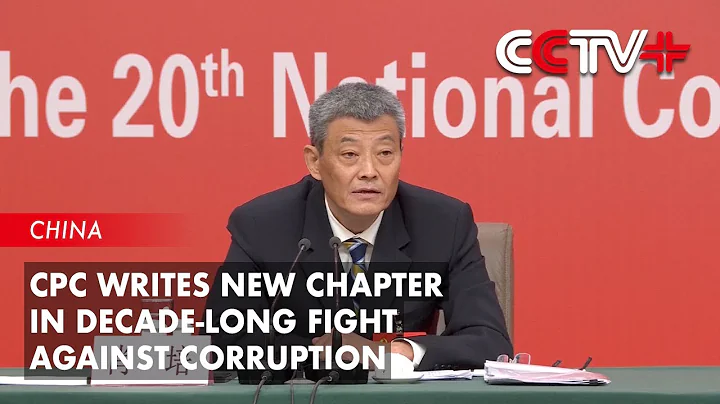

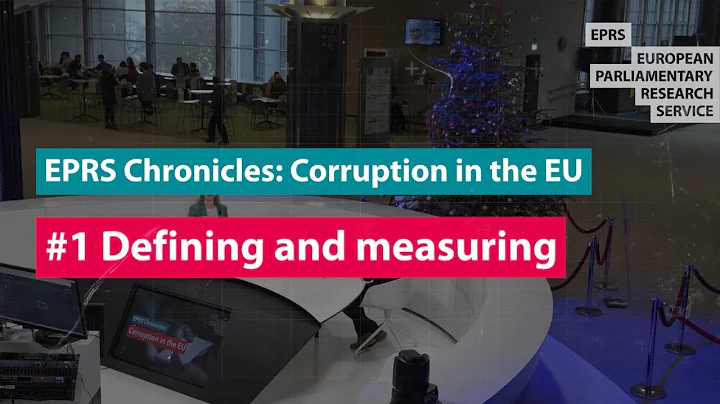



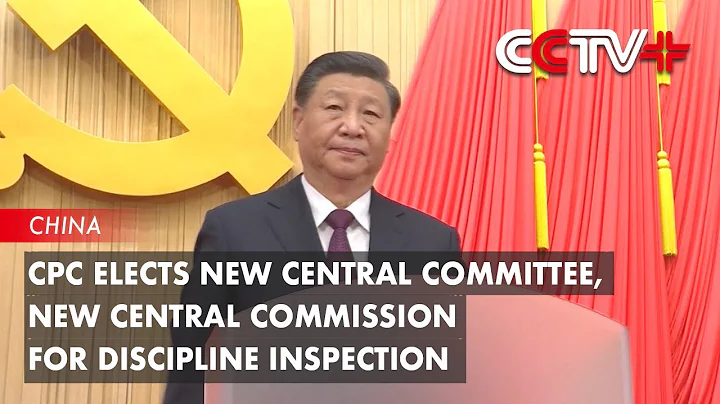
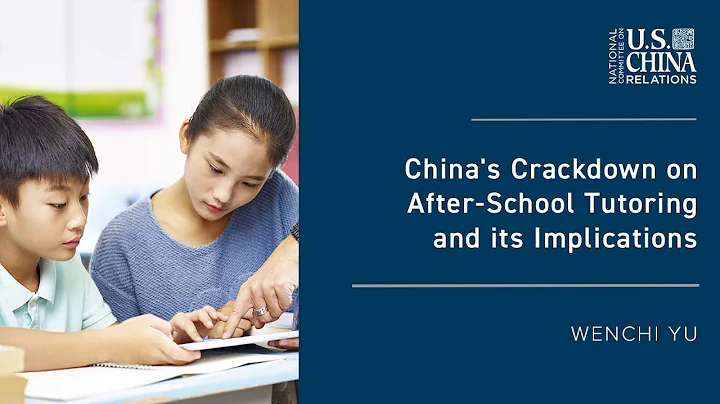
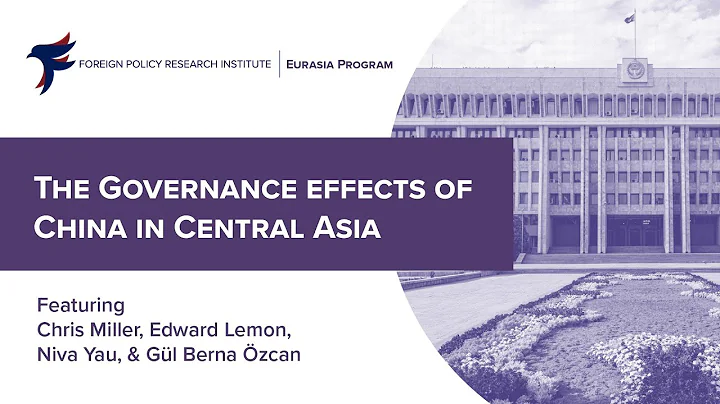












![Unbelievable Cosmic Phenomena Beyond Our Galaxy | Secrets Of The Universe [All Episodes] | Spark - DayDayNews](https://i.ytimg.com/vi/sHEwTKEDVM0/hq720.jpg?sqp=-oaymwEcCNAFEJQDSFXyq4qpAw4IARUAAIhCGAFwAcABBg==&rs=AOn4CLAOHCCVwEK0S3PEAiMgW9rL4mC6YQ)